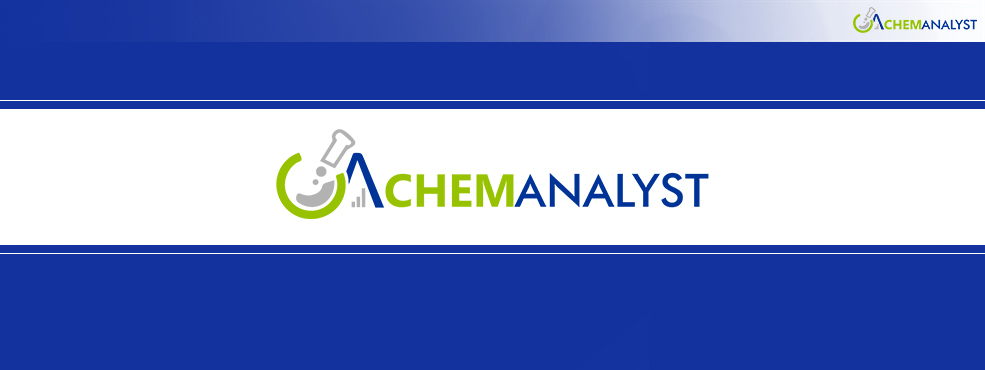Welcome To ChemAnalyst

MHI to design Japan’s largest CO2 capture plant, supporting national carbon neutrality goals through advanced CCS initiatives in Hokkaido.
Mitsubishi Heavy Industries, Ltd. (MHI) has secured a significant contract from Hokkaido Electric Power Co., Inc. (HEPCO) to carry out the Front-End Engineering Design (FEED) for what will be Japan’s largest carbon dioxide (CO2) capture facility. This advanced carbon capture and storage (CCS) project will be located at HEPCO’s Tomato-Atsuma Power Station in Hokkaido, and it represents a major step toward realizing a carbon-neutral future.
The planned CO2 capture plant will be capable of extracting approximately 5,200 tons of carbon dioxide per day from the flue gas emitted during the combustion processes of the station’s boilers. MHI will employ its proprietary CO2 capture technology to define the essential equipment and technical specifications, setting the groundwork for full-scale implementation in the near future. Upon completion, this facility is expected to become the largest CO2 capture plant in the nation.
This project is part of a broader collaboration between HEPCO, Idemitsu Kosan Co., Ltd., and Japan Petroleum Exploration Co., Ltd. (JAPEX). The trio has entered into an agreement with the Japan Organization for Metals and Energy Security (JOGMEC), a government-affiliated administrative agency, to carry out design work under Japan’s "Engineering Design for Japanese Advanced CCS Projects" initiative. Through this agreement, captured CO2 from the Tomato-Atsuma Power Station will be transported and stored in deep saline aquifers in the Tomakomai area of Hokkaido. The project's ultimate goal is to store between 1.5 to 2 million tons of CO2 annually by the year 2030.
Importantly, the Ministry of Economy, Trade and Industry (METI) of Japan has designated a marine zone near Tomakomai as the first official “specified area” for CO2 storage under the newly established "CCS Business Act." As a result, exploratory drilling activities are now under consideration to assess the storage capacity and feasibility of the selected location.
MHI Group has made a clear commitment to achieving carbon neutrality by 2040 through its strategic mission known as "MISSION NET ZERO." The company’s efforts are focused on both reducing carbon emissions on the demand side and decarbonizing the energy supply side. Central to this mission is the development of a Carbon Capture, Utilization, and Storage (CCUS) value chain that spans various emission sources and storage or utilization solutions.
By leveraging its advanced CO2 capture technologies, MHI aims to expand its CCUS operations worldwide. The company’s broader goal is to serve as a key provider of carbon-reduction solutions, actively contributing to global efforts to mitigate greenhouse gas emissions and promoting a more sustainable and environmentally friendly future.
We use cookies to deliver the best possible experience on our website. To learn more, visit our Privacy Policy. By continuing to use this site or by closing this box, you consent to our use of cookies. More info.
